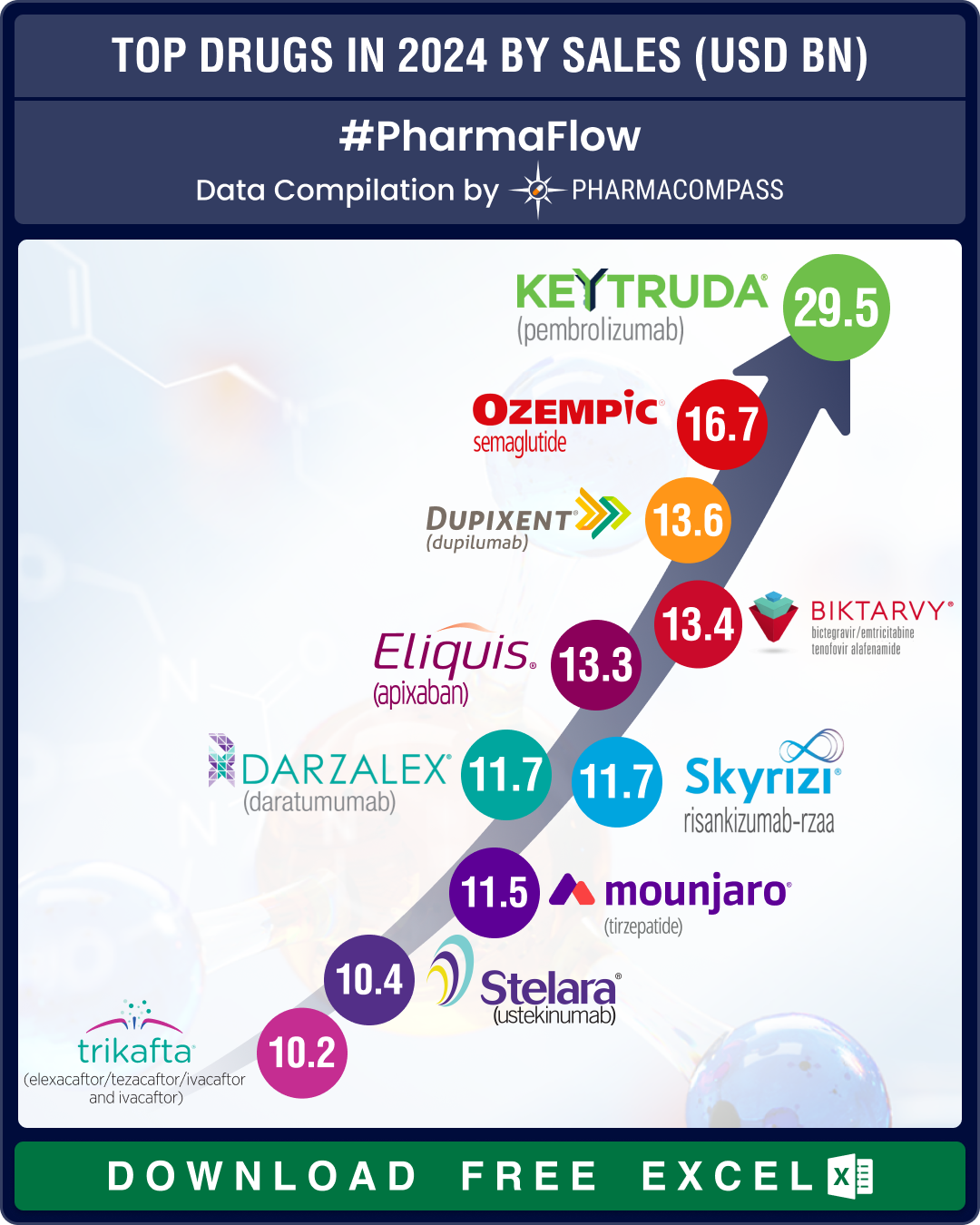
A clinical study published in one of the leading oncology journals, Cancer, shows that Cimetidine can be synergized with other drugs, including existing therapies, and that its potential as an anti-cancer therapeutic should be explored much further.
Cimetidine has historically been used to treat indigestion through its ability to block histamine receptors in the gut. A widely available generic, Cimetidine was launched by GlaxoSmithKline under the trade name Tagamet. In some countries, like the USA, the product is available over-the-counter and is used for treating ulcers and heartburn.
The authors in their research share abundant pre-clinical and clinical evidence which demonstrate the therapeutic effects of Cimetidine in a range of cancers, especially cancers of the gastrointestinal tract, renal cell carcinoma and melanoma.
Recycling old drugs makes drug repositioning, or repurposing, an attractive form of drug discovery and accounts for approximately 30% of the newly approved drugs and vaccines by the FDA (US Food and Drug Administration) in recent years.
An enormous source of profits for the pharmaceutical industry and one of the most famous examples of drug repositioning is Viagra. Viagra was originally identified in connection with angina, and was successfully repositioned for erectile dysfunction.
The ReDO project (the repurposing drugs in oncology project), an international global collaboration of researchers, is dedicated to promoting common medicines such as mebendazole (for threadworm infections), nitroglycerin (used to treat angina), itraconazole (broadly used anti-fungal), diclofenac (a commonly prescribed painkiller) and clarithromycin (an antibiotic) as anti-cancer therapies.
The team of researchers combines the expertise of the Anticancer Fund, which is focused on expanding cancer treatment options by repurposing drugs, and Global Cures, a non-profit, medical research organization dedicated to curing patients with cancer.
The authors believe that, should positive results be obtained in an underway clinical trial that is studying the effect of Cimetidine in Colorectal Cancer, the focus on the potential of Cimetidine as an anti-cancer therapeutic will be re-ignited.
Drug Repositioning has been subject to extensive studies over the past few years and there are numerous examples of successful repositioning of products. Success of the ReDO project would allow cheaper access to solutions in the fight against cancer and once again support the case of looking at existing drugs instead of only focusing on novel, and potentially expensive treatments. It indeed brings a lot of hope for cancer patients since many existing treatments carry unwelcome side effects, and so existing drugs whose effects are already well understood and documented may well be utilized to assist treatment without the risk and without the massive cost and side effect implications.
The PharmaCompass Newsletter – Sign Up, Stay Ahead
Feedback, help us to improve. Click here
Image Credit : 2013-02-27: (58/365) How I Spell Relief P1030327 by Dave Lundy is licensed under CC BY 2.0
“ The article is based on the information available in public and which the author believes to be true. The author is not disseminating any information, which the author believes or knows, is confidential or in conflict with the privacy of any person. The views expressed or information supplied through this article is mere opinion and observation of the author. The author does not intend to defame, insult or, cause loss or damage to anyone, in any manner, through this article.”






